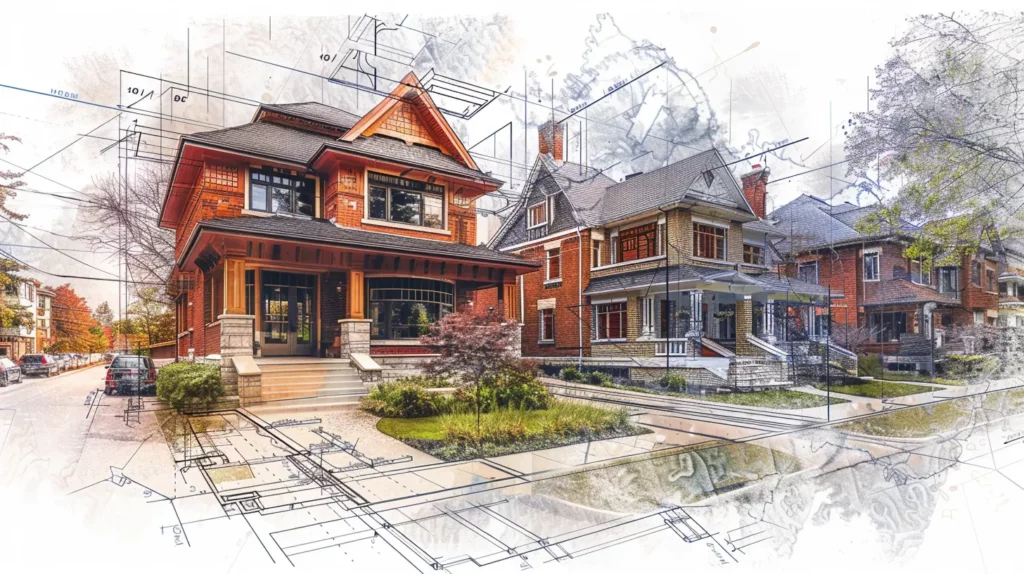
Embarking on a home renovation in Toronto is not just a matter of hiring contractors and choosing materials; it also involves navigating a series of legal requirements. This article aims to provide some helpful guidance and tips into the necessary permits, zoning laws, and contractual considerations, providing homeowners with critical legal advice to protect their investment and ensure a smooth renovation process.
The Importance of Building Permits
In Toronto, most renovation projects, from structural modifications to significant cosmetic changes, require building permits. These permits ensure that all renovations comply with local building codes, which govern safety and design standards. Not obtaining the required permits can lead to penalties, including fines and forced deconstruction of unauthorized work. Homeowners should begin by consulting the Toronto Building department’s guidelines or a real estate lawyer to understand which permits are needed for their specific projects.

Zoning Laws and Restrictions
Zoning regulations play a crucial role in maintaining the character and usability of both private and public spaces in Toronto. Before planning any renovations, homeowners must verify that their plans comply with local zoning bylaws, which may affect building height, floor area ratios, and property setbacks. In cases where the proposed renovations do not align with existing zoning bylaws, homeowners may need to apply for a minor variance. This process can be complex and often requires legal expertise to navigate successfully.
Contractual Agreements with Contractors
A clear and comprehensive contract with your contractor is essential for any renovation project. This contract should detail the project’s scope, the materials to be used, the expected timeline, payment schedule, and any warranty provisions. It’s crucial to have a lawyer review or draft this contract to ensure it includes provisions for handling unexpected changes or disputes. For instance, clauses regarding change orders can specify how modifications to the original plan will be handled, including adjustments to cost and timeline.
Managing Contractor Disputes
Disputes with contractors can arise due to delays, unsatisfactory work, or deviations from the contract. Homeowners should have mechanisms in place for resolution, as outlined in their contract. Legal advice is important when disputes escalate, providing strategies for negotiation or, if necessary, litigation. Additionally, homeowners can protect themselves by maintaining detailed records of the work performed and communications with all parties involved.

Insurance and Liability During Renovations
Homeowners should also consider the implications of renovations on their home insurance. Some renovations might violate the terms of an existing policy, while others could require additional coverage to manage risks associated with construction. It’s advisable to consult with an insurance agent and a lawyer to ensure that your policy covers the scope of the renovation and that any liability for accidents or damage during the work is clearly defined and insured.
Final Thoughts
Renovating a home in Toronto can significantly enhance its value and functionality, but it requires careful legal and regulatory planning. Understanding the intricacies of permits, zoning, contracts, and insurance will not only help protect your investment but also prevent legal complications. For expert guidance tailored to your specific renovation plans, consider consulting with a seasoned real estate lawyer like Jay Teichman, who can provide invaluable support throughout the renovation process.
